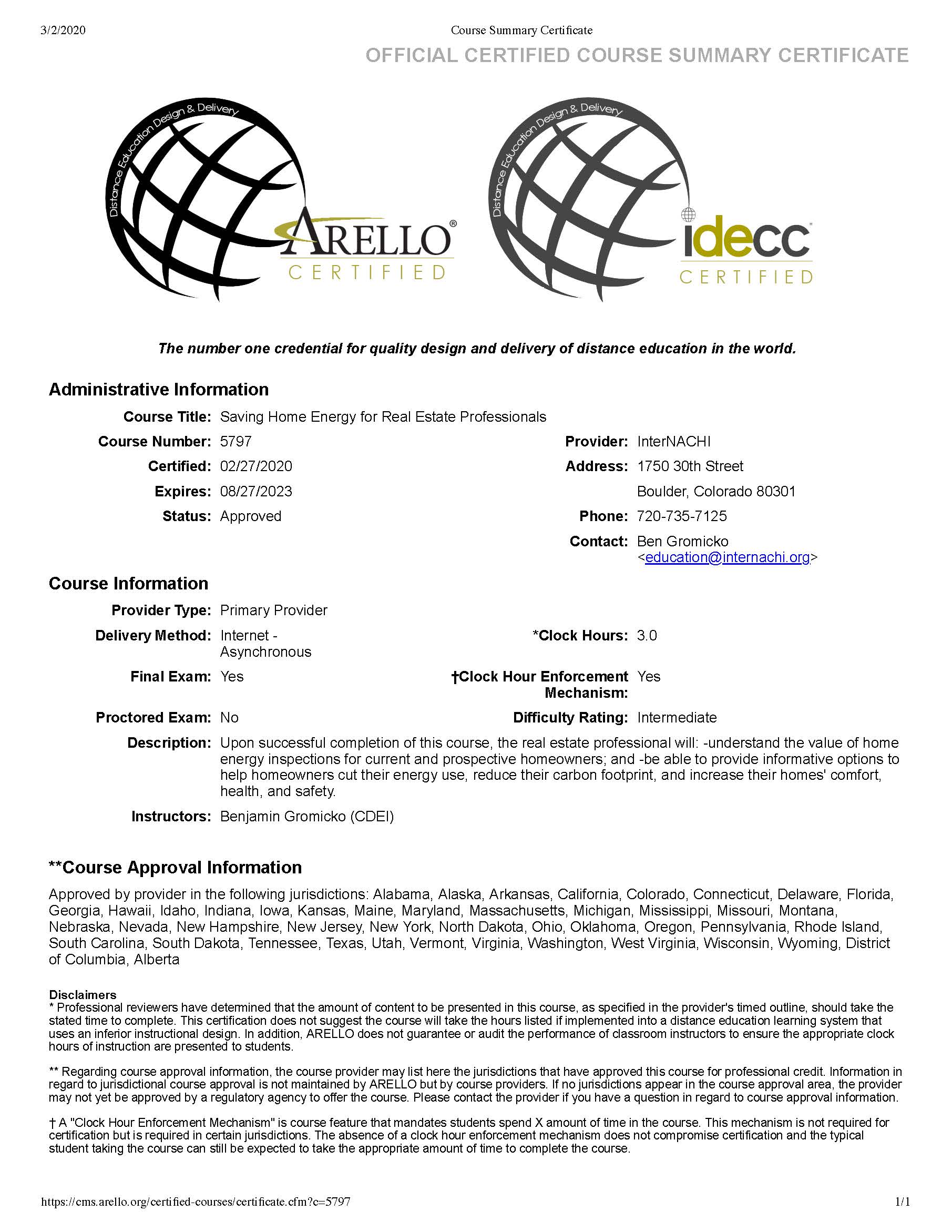
Your property can be sold faster with real estate videos that highlight its features, location and lifestyle. These videos are a great way for potential clients to get in touch with you and generate leads. It's crucial to understand which video type is best for your business, and which videos you should avoid. These are some suggestions on how to make real estate videos and what to do about them.
Real Estate Marketing Videos
A great video is crucial for any agency. It will help you generate leads, get offers for your properties and increase brand awareness. There are many online tools that make it easy to create professional-looking video content in minutes.
Whether you're a real estate agent or a developer, there are a number of ways that you can make your videos more interesting and appealing to your audience. Most effective real estate videos feature captivating storytelling, unique camera angles and engaging soundtracks.

Your real estate videos can have a voiceover
A voiceover can help tell a story that grabs the attention of viewers and makes them want to see more. Voiceovers can help you give your viewers more information about the property, which will allow them to get a better idea of its interior.
Consider a Real Estate Tour
A video tour is one the most effective and popular types of videos for agents in real estate. They're easy to create, and they can be used to show off a wide range of properties. Your prospects will also be able to view the inside and outside of the house.
To make your real estate video tours work, you need to film from a variety of different perspectives and zoom in on the unique finishes and features. A few exterior shots are also an excellent idea, as this will give your audience a better view of the outside.
It can help you attract potential buyers by showing footage of happy people in the area around your home. It can help you and your audience see themselves in the property and the surrounding neighborhood. This will inspire you to buy it.

You can do this by incorporating beautiful places in the country into your videos. You can include footage of beaches, mountains, lakes, parks, or any other location that will intrigue your audiences.
You can also create lifestyle videos that show off the neighborhood where you're selling a house, your office, and other amenities that help buyers get a sense of the location. A video can be created that highlights local restaurants or other businesses in order to showcase the vibrant culture of the area.
FAQ
Can I afford a downpayment to buy a house?
Yes! Yes. There are programs that will allow those with small cash reserves to purchase a home. These programs include FHA loans, VA loans. USDA loans and conventional mortgages. For more information, visit our website.
What are the benefits to a fixed-rate mortgage
Fixed-rate mortgages allow you to lock in the interest rate throughout the loan's term. You won't need to worry about rising interest rates. Fixed-rate loan payments have lower interest rates because they are fixed for a certain term.
What should I do if I want to use a mortgage broker
Consider a mortgage broker if you want to get a better rate. Brokers can negotiate deals for you with multiple lenders. However, some brokers take a commission from the lenders. You should check out all the fees associated with a particular broker before signing up.
How long does it take to sell my home?
It depends on many factors including the condition and number of homes similar to yours that are currently for sale, the overall demand in your local area for homes, the housing market conditions, the local housing market, and others. It may take 7 days to 90 or more depending on these factors.
Statistics
- When it came to buying a home in 2015, experts predicted that mortgage rates would surpass five percent, yet interest rates remained below four percent. (fortunebuilders.com)
- Over the past year, mortgage rates have hovered between 3.9 and 4.5 percent—a less significant increase. (fortunebuilders.com)
- Some experts hypothesize that rates will hit five percent by the second half of 2018, but there has been no official confirmation one way or the other. (fortunebuilders.com)
- This means that all of your housing-related expenses each month do not exceed 43% of your monthly income. (fortunebuilders.com)
- It's possible to get approved for an FHA loan with a credit score as low as 580 and a down payment of 3.5% or a credit score as low as 500 and a 10% down payment.5 Specialty mortgage loans are loans that don't fit into the conventional or FHA loan categories. (investopedia.com)
External Links
How To
How to Manage a Rent Property
Although renting your home is a great way of making extra money, there are many things you should consider before you make a decision. This article will help you decide whether you want to rent your house and provide tips for managing a rental property.
Here's how to rent your home.
-
What is the first thing I should do? You need to assess your finances before renting out your home. If you have debts, such as credit card bills or mortgage payments, you may not be able to afford to pay someone else to live in your home while you're away. Your budget should be reviewed - you may not have enough money to cover your monthly expenses like rent, utilities, insurance, and so on. You might find it not worth it.
-
How much does it cost for me to rent my house? Many factors go into calculating the amount you could charge for letting your home. These factors include your location, the size of your home, its condition, and the season. Remember that prices can vary depending on where your live so you shouldn't expect to receive the same rate anywhere. Rightmove estimates that the market average for renting a 1-bedroom flat in London costs around PS1,400 per monthly. This would translate into a total of PS2,800 per calendar year if you rented your entire home. That's not bad, but if you only wanted to let part of your home, you could probably earn significantly less.
-
Is it worthwhile? There are always risks when you do something new. However, it can bring in additional income. You need to be clear about what you're signing before you do anything. Renting your home won't just mean spending more time away from your family; you'll also need to keep up with maintenance costs, pay for repairs and keep the place clean. Make sure you've thought through these issues carefully before signing up!
-
Is there any benefit? There are benefits to renting your home. There are many reasons to rent your home. You can use it to pay off debt, buy a holiday, save for a rainy-day, or simply to have a break. You will likely find it more enjoyable than working every day. If you plan ahead, rent could be your full-time job.
-
How do I find tenants Once you've made the decision that you want your property to be rented out, you must advertise it correctly. Listing your property online through websites like Rightmove or Zoopla is a good place to start. Once potential tenants reach out to you, schedule an interview. This will help to assess their suitability for your home and confirm that they are financially stable.
-
What can I do to make sure my home is protected? If you fear that your home will be left empty, you need to ensure your home is protected against theft, damage, or fire. Your landlord will require you to insure your house. You can also do this directly with an insurance company. Your landlord may require that you add them to your additional insured. This will cover any damage to your home while you are not there. This doesn't apply to if you live abroad or if the landlord isn’t registered with UK insurances. You will need to register with an International Insurer in this instance.
-
Sometimes it can feel as though you don’t have the money to spend all day looking at tenants, especially if there are no other jobs. You must put your best foot forward when advertising property. You should create a professional-looking website and post ads online, including in local newspapers and magazines. Also, you will need to complete an application form and provide references. Some people prefer to do everything themselves while others hire agents who will take care of all the details. Either way, you'll need to be prepared to answer questions during interviews.
-
What should I do once I've found my tenant? If there is a lease, you will need to inform the tenant about any changes such as moving dates. If you don't have a lease, you can negotiate length of stay, deposit, or other details. Keep in mind that you will still be responsible for paying utilities and other costs once your tenancy ends.
-
How do I collect my rent? You will need to verify that your tenant has actually paid the rent when it comes time to collect it. If they haven't, remind them. You can deduct any outstanding payments from future rents before sending them a final bill. If you're having difficulty getting hold of your tenant you can always call police. They will not normally expel someone unless there has been a breach of contract. However, they can issue warrants if necessary.
-
What can I do to avoid problems? While renting out your home can be lucrative, it's important to keep yourself safe. Make sure you have carbon monoxide detectors installed and security cameras installed. You should also check that your neighbors' permissions allow you to leave your property unlocked at night and that you have adequate insurance. You should never allow strangers into your home, no matter how they claim to be moving in.